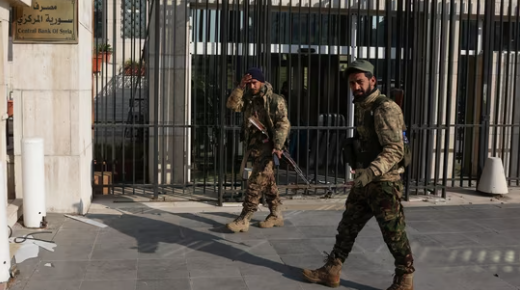Armed Syrian rebels, led by Hayat Tahrir al-Sham (HTS), have liberated hundreds of political prisoners from the notorious jails of ousted President Bashar al-Assad. These facilities, often referred to as “human slaughterhouses,” were sites of systematic torture, execution, and starvation for over a decade.
In a dramatic turn of events, rebel forces stormed prisons across Syria as Assad’s regime crumbled and government officials fled. Those freed included long-lost individuals believed to have disappeared during the 2011 pro-democracy protests, as well as prisoners on death row.
Bashar Barhoum, a 63-year-old writer imprisoned for seven months and scheduled for execution, recounted the moment rebels entered his cell. “I haven’t seen the sun until today. Instead of being dead tomorrow, thank God, he gave me a new lease of life,” he said, visibly shaken as Damascus erupted in celebrations.
Prisons like the infamous Saydnaya facility north of Damascus, labelled a “human slaughterhouse” by Amnesty International, witnessed emotional scenes as detainees were liberated. Women and children, crammed into tiny cells, initially screamed in terror, unable to comprehend their sudden freedom. A rebel fighter assured them, “Don’t be afraid. Bashar Assad has fallen! Why are you afraid?”
The fall of Assad’s regime has sparked mixed emotions. While some celebrate newfound liberty, many families continue searching for missing loved ones. Bassam Masri, whose son has been detained for 13 years, expressed anguish: “This happiness will not be complete until I see my son out of prison.”
Rights organizations like Amnesty International have long reported atrocities in Assad’s prisons, with secret executions, relentless torture, and systemic starvation documented. In 2013, a defector known as “Caesar” exposed the brutality, smuggling out 53,000 images of abused detainees.
As Syria’s future hangs in the balance, the release of these prisoners marks a symbolic victory against decades of oppression, but the scars of the regime’s brutality remain deeply etched in the nation’s collective memory.








 India
India












